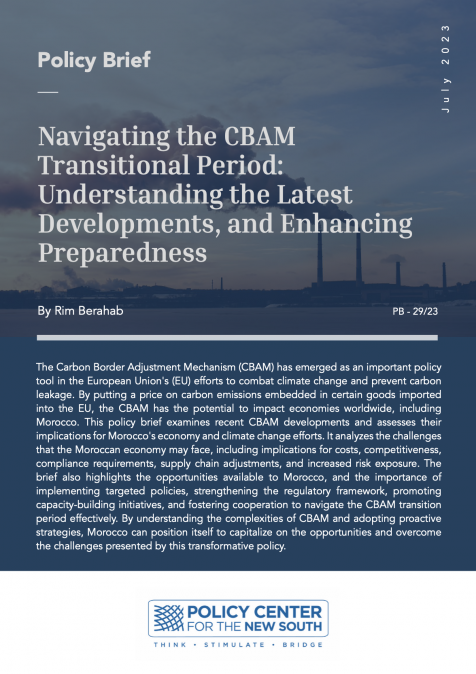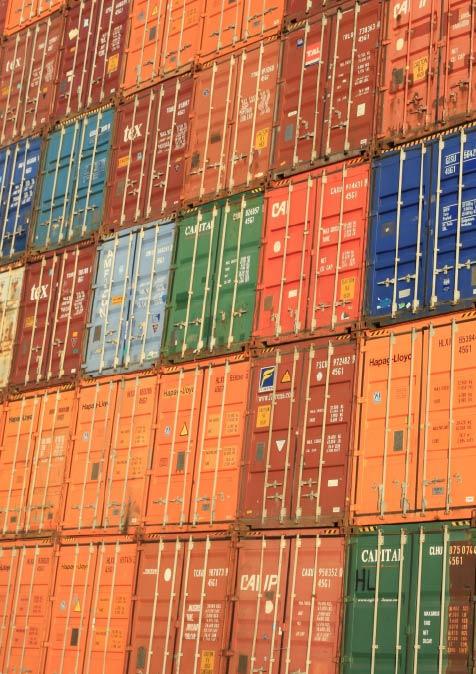AFRICAFE : La crise énergétique : enjeux et défis de l'approvisionnement en gaz naturel africain vers l'Europe
Le monde traverse actuellement sa plus importante crise énergétique depuis la crise pétrolière de 1973. La guerre en Ukraine a exacerbé les marchés de l'énergie, avec des prix de l'énergie qui montent en flèche et nuisent aux économies et aux citoyens du monde entier. L'Europe a été durement touchée par cette crise en raison de sa dépendance à l'égard des combustibles fossiles russes et par conséquence, a tourné son regard vers de nouveaux fournisseurs, au premier rang desquels figurent les producteurs de gaz africains. Est-ce que l’Afrique peut réellement fournir des alternatives aux combustibles fossiles russes ? Quels enjeux et défis de l’approvisionnement de gaz naturel africain en Europe ?
Dans cet épisode d’Africafé, Hamza M’jahed, Spécialiste en relations internationales au Policy Center for the New South, analyse les réponses de l’Union européenne au sujet de la crise énergétique et la stratégie adoptée pour un approvisionnement en gaz sécurisé, ainsi que les enjeux et les défis que l’Afrique doit relever pour devenir un fournisseur pérenne d’énergie.












